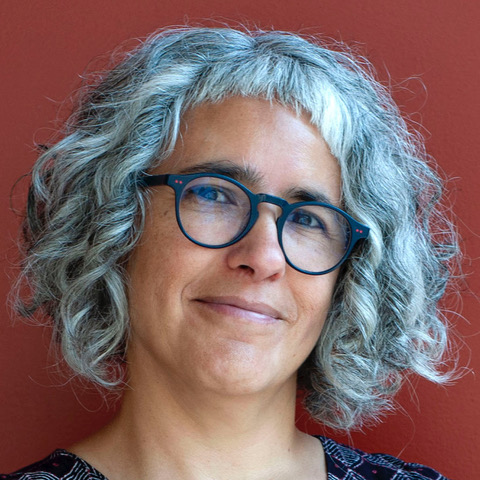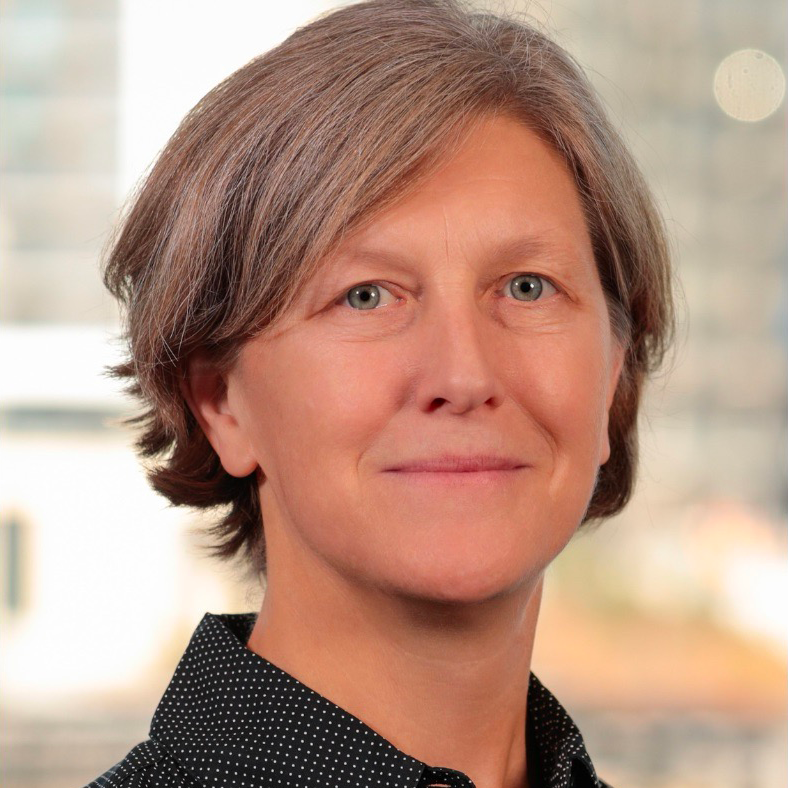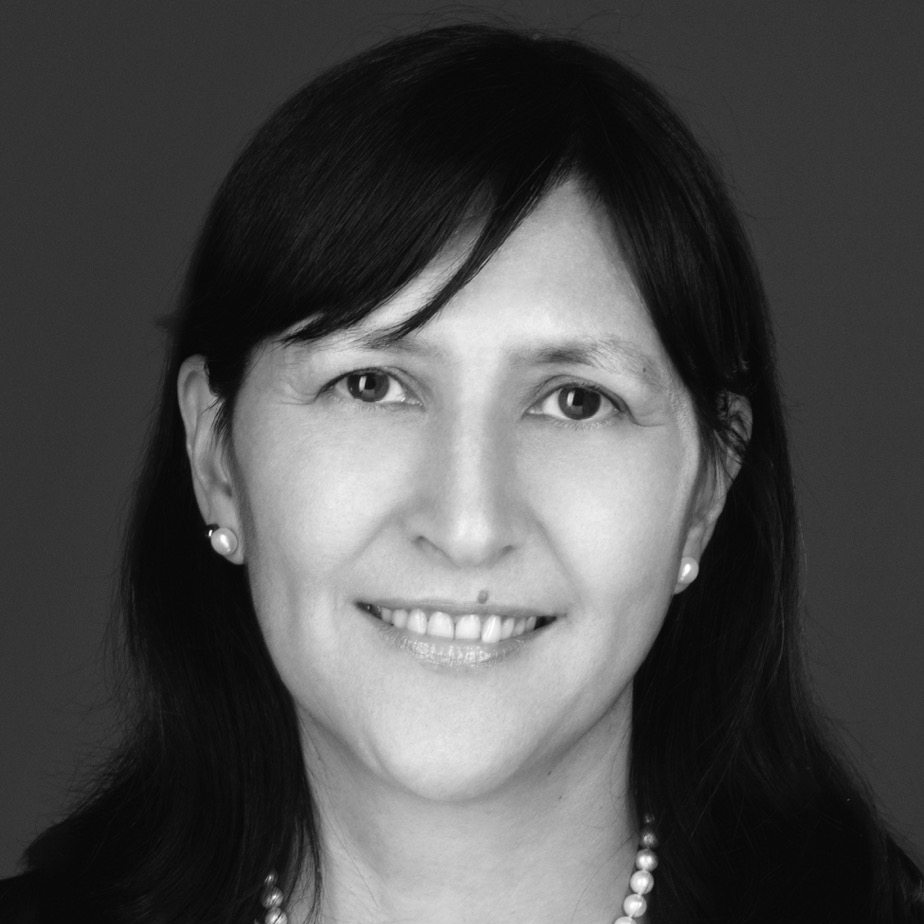
The arrival of new members to Érudit’s Board of Directors brings diverse expertise to our governance and strengthens our community’s representation across Canada.
Érudit’s Board is composed of eleven members representing partner institutions, the research and scholarly publishing sectors, as well as users of our services—particularly journal teams and academic libraries. Over the past few years, the structure of our Board and governance has evolved significantly, in line with recommendations from funding agencies and governance best practices. This evolution reflects our ongoing commitment to better represent Érudit’s stakeholders and to incorporate a wide range of perspectives from different regions, sectors, and areas of expertise.
New expertise at the table

Dale Askey
University of Alberta
Dale Askey, Vice-Provost and Chief Librarian at the University of Alberta, joins the Board as a representative of one of our major institutional partners in Western Canada. A recognized leader in library management—particularly in the areas of collection development and information technologies—Dale is deeply committed to transforming scholarly publishing and advancing open access. His perspective will be a valuable addition to our governance.

Mar González Palacios
Simon Fraser University
He joins Mar González Palacios, Associate Dean, Libraries – Collections & Content Strategy at Simon Fraser University (SFU), who is serving her first term on the Board. Mar represents this institutional ally around the Coalition Publica project, a flagship collaboration between Érudit and the Public Knowledge Project. Her expertise in research dissemination and academic library leadership is proving a strong asset to our organization.

Karine Morin
Federation for the Humanities and Social Sciences
We are also pleased to welcome Karine Morin, President and CEO of the Federation for the Humanities and Social Sciences, who joins the Board as a representative of the user and stakeholder community. Her distinguished career in the research ecosystem—including leadership roles at the Natural Sciences and Engineering Research Council of Canada (NSERC) and Genome Canada—will help reinforce our commitment to a more inclusive and equitable research infrastructure.

Magda Fusaro
Université du Québec à Montréal
Finally, Magda Fusaro, professor at Université du Québec à Montréal (UQAM) and specialist in digital and communication issues, joins the Board as UQAM’s institutional representative. Vice-Chair of the Canadian Commission for UNESCO, she is a respected figure in university governance and plays an active role in advancing the engagement of higher education institutions in society.
We warmly thank Dale, Mar, Karine, and Magda for accepting to contribute to our shared mission. Their presence on the Board reflects a collective commitment to developing a research infrastructure that is inclusive, forward-looking, and grounded in the realities of research communities across Canada.
Departing members and acknowledgments
We would also like to recognize the outstanding contributions of Martha Radice (Dalhousie University), Frédéric Giuliano (Université du Québec à Montréal), and Pascale Fournier (University of Ottawa), whose terms on the Board have come to an end. Their dedication over the past few years has been of great value to Érudit. Whether through their expertise in research, government relations, or academic governance, each has played a key role in advancing our strategic vision.
We extend our sincere gratitude for their commitment and meaningful collaboration.
To learn more about Érudit’s Board of Directors and its members, please visit our Boards and Directors page.